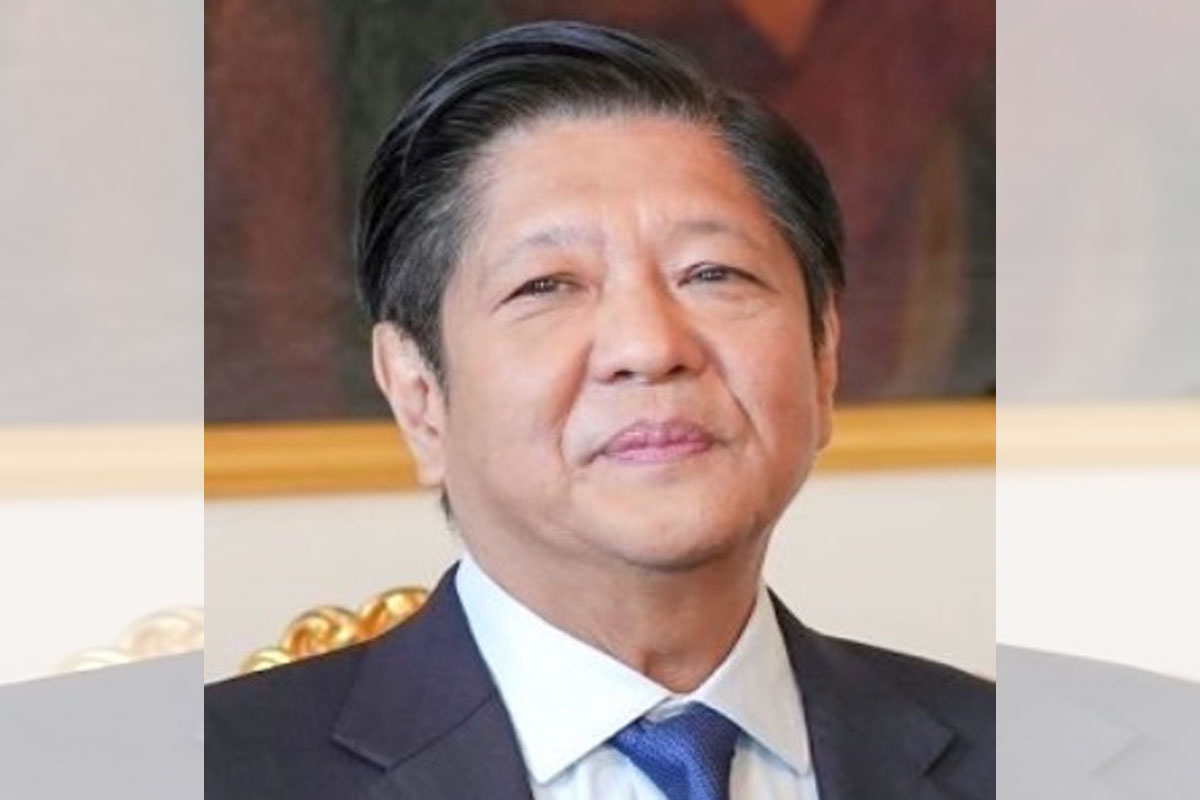
Senate all set to adjust cop’ retirement to 57
 A NEW law that will raise the retirement age of officers and men of the Philippine National Police from 56 to 57-years old similar to that in the Armed Forces of the Philippines is already in the works.
A NEW law that will raise the retirement age of officers and men of the Philippine National Police from 56 to 57-years old similar to that in the Armed Forces of the Philippines is already in the works.
Barring any unforeseen circumstances, Senate President Juan Miguel Zubiri said the country will soon have more experienced police personnel.
The senator said he fully believes that at 57, uniformed personnel of the police force are still agile and physically fit to perform their given tasks.
According to Zubiri, extending copss retirement age is included in their agenda, noting that in some police forces abroad, their retirement age is higher at 60-years old.
In India, the retirement age of an Army General is 62-years old while a Major General is 60.
In Singapore, the Home Affairs Uniformed Services (HUS) officers’ retirement age was raised from 55 to 56 on July 1, 2021 and will be raised progressively to 58 by 2030.
In Thailand, the mandatory retirement age for government and state enterprise officials was extended from 60 to 63.
In 2020, then detained Senator Leila M. de Lima also filed a bill proposing to raise the police’s age of compulsory retirement to 60.
The opposition senator said the relatively early mandatory retirement age has been a disservice to the police force, especially in the case of its senior officers.
She emphasized that just when these police officers have gained enough experience and expertise to be appointed to high-ranking positions, they are forced to retire after having a very short term in office.
She cited the case of former PNP chief, now retired General Camilo Pancratius P. Cascolan, who served as the country’s top cop for only two months during the Duterte administration.
A member of Philippine Military Academy ‘Sinagtala’ Class of 1986, Gen. Cascolan became the country’s 24thPNP chief from September 2 to November 10, 2020 only
“This stint for a PNP Chief is too brief a time to ensure continuity in PNP’s programs and develop a working relationship with one’s subordinates,” the then senator said in her explanatory note to Senate Bill no. 1899 which she filed on November 10, 2020.
De Lima also cited a United States study which said improvements in technology have made the conduct of police work physically easier in recent years.
Improvements in the treatment of chronic conditions have also made health “much less important” when considering retirement, she said.
This and the steady upward trend in life expectancy data in the Philippines means more productive years for members of the police force, many of whom want to work longer, she added.
Another advantage of raising cops’ retirement age, she said, is the savings in retirement benefits given by the government. “By increasing the age of compulsory retirement, the government may save money by not paying retirement benefits so early,” De Lima said.
Sen. Zubiri said they are looking into adjusting the PNP’s retirement age to 57 vis-à-vis their continuing effort to ensure that the pension system of military and uniformed personnel, both active and retired, won’t be affected and trigger demoralization among soldiers, policemen and other law enforcement agents.
Sen. Zubiri said that if he were to be asked, he wants to ensure that the burden on the part of the police and the military will be as ‘painless as possible.’
He added that he also wants retired policemen and soldiers not to be affected by the proposed changes in the pension system.
By the end of September, the veteran lawmaker said that he expected Sen. Jinggoy Estrada to file a bill on the adjusted retirement age for the police force.
The AFP had earlier said it is “amenable and open” to modifications in the pension system of military and uniformed personnel (MUP) so long as these are fair and equitable.
This after Finance Secretary Benjamin Diokno warned that the current MUP pension system would inflate public debt by as much as 25 percent by 2030 and could result in a fiscal collapse unless reforms are made.
Sec. Diokno said pension benefits are allocated annually through the national budget but the MUP does not contribute a single peso to their pension system.
Before that, President Marcos had signed into law a measure which raised the retirement age in the AFP to 57 and amending the fixed terms of top AFP officials, modifying a policy that reportedly caused “grumblings” in the military.
Republic Act 11939, which was signed by President Marcos last May 17, amended RA 11709 which had prescribed a fixed three-year term of duty for the AFP chief and other top military officials.
Under the new law, the retirement age for military officers with the rank of second lieutenant or ensign to lieutenant general or vice general was raised from 56 to 57.





















